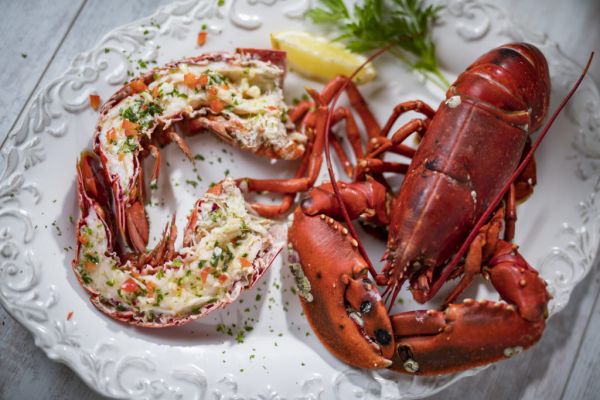Russia’s ruble continues to roil. Having almost halved in value against the dollar in the last six months, the currency has zigzagged between a high of 60 and a low of 80 rubles to the dollar in trading just today.
A glimpse at past currency crises, such as those of Iceland or the Republic of Ireland, suggests how wide-reaching the political and economic implications might be. The ruble’s tumble, though, will impact a market left relatively undisturbed by those past implosions: luxury.
Look at Russia’s contemporary reputation as a five-star mecca for global luxury brands: it suggests potentially rich pickings for any travelers ready to hop on a plane to Putin’s fiefdom. Certainly, it won’t cost much to get there. “Airfares are very cheap to Russia right now, even the business class fares, especially on Aeroflot. It has a bad reputation still from the days of the Aleutian crashes, but now they’re using Boeing 777s” says Airfarewatchdog’s George Hobica on the telephone from a trip to Abu Dhabi. Those industry fares, he explains, are at least 20 per cent lower than competitors on the same route – sometimes even less. The only obstacle: Russia’s restrictive visa system, a complex process whose liberalization was reversed in the wake of the crisis in Ukraine.
Hotel Savings
There are significant savings on high-end hotels, too. Accommodation in Russia at every tier has always been expensive: according to the most recent Hotels.com Hotel Price Index, average rates were eighth highest in the world, above those in Singapore. Five-star brands have made Moscow and St Petersburg a priority in recent years, keen to establish a profile domestically so that roving Russians will likely book rooms at their properties overseas – see the recent Four Seasons Moscow, which opened on 30 October, or Park Hyatt Ararat.
Economic sanctions, combined with the months-long slowdown, are significantly impacting that industry. “Luxury brands operating there are nervous,” explains Jason Clampet of Skift by phone from New York City, “As a traveler, you can always get a deal when things go wrong; with low occupancy, hotels cut rates to survive. The dollar is worth quite a lot more than it has been in years, but you have to ask yourself: is this a deal you want to take?” Clampet himself is reluctant, but for prosaic rather than political reasons. “I’m not sure if saving 25 per cent off a room can really lure me there – it’s the darkest of winter right now.”
Iceland’s Example
When Iceland experienced its economic crash and currency devaluation starting in 2008, tourism took an initial hit, but then grew substantially – suddenly, a country that was once expensive to visit became more accessible. Ironically, the volcanic eruption of 2010, which snarled up European airspace also acted as a promotional tool for the country, according to Clampet. “It was a huge boom to their tourism industry – Iceland was on the news every day,” he explains, “When the problem stopped, people started traveling there because they finally knew where it was.” Indeed, in 2012, tourism was up more than 50 per cent from pre-crisis 2005. In 2013 it accounted for 5.9 per cent of GDP.
Bloomberg, edited by Hospitality Ireland








